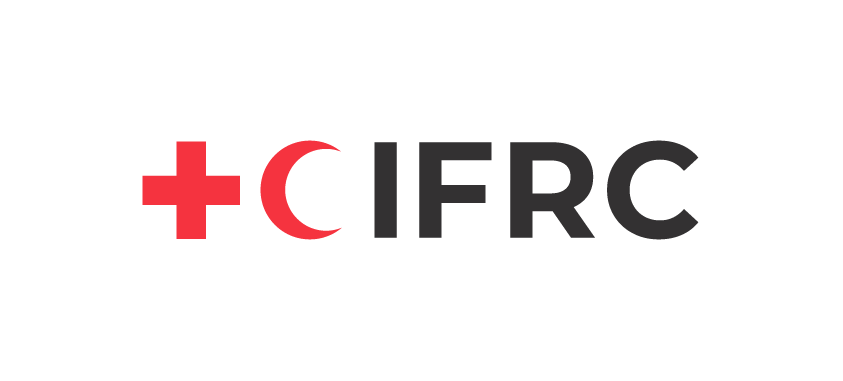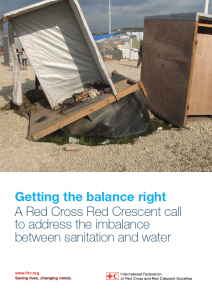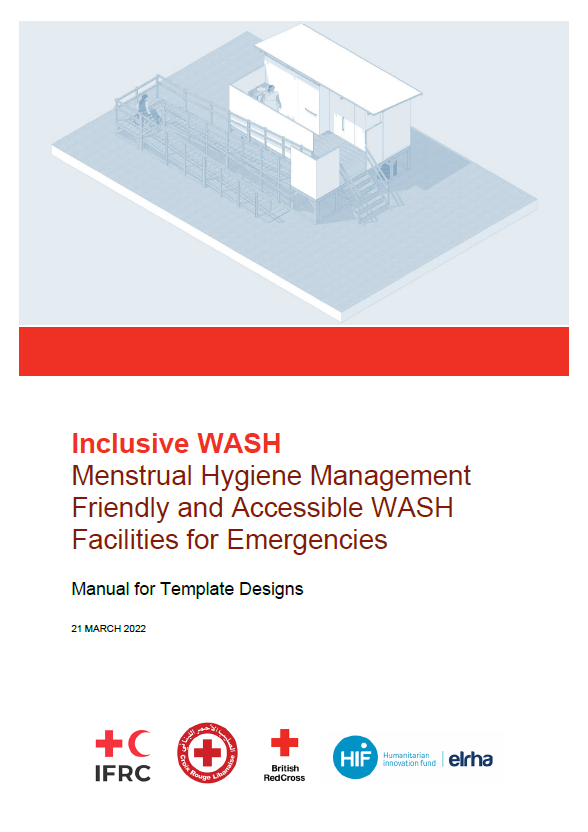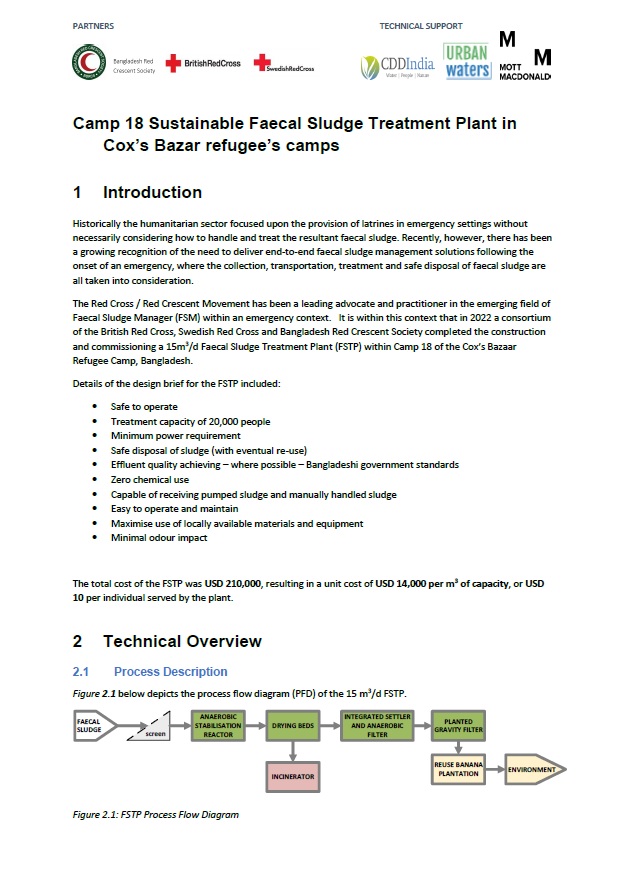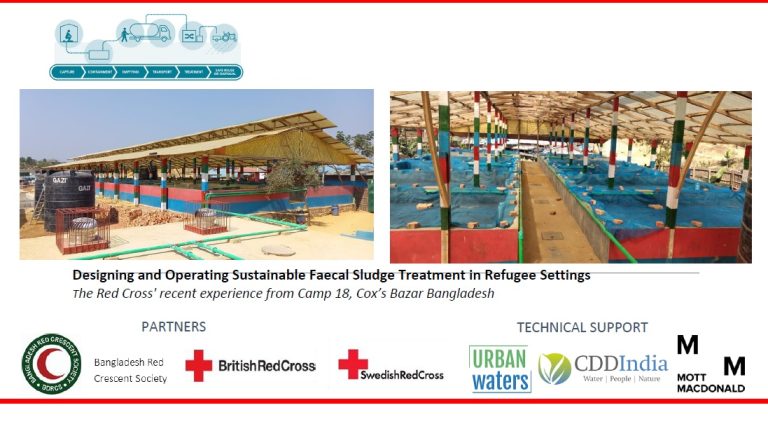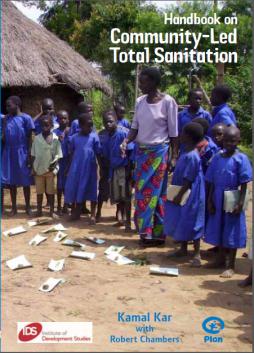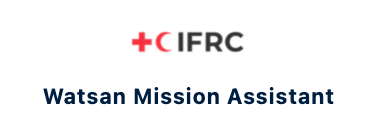
Sanitation
Sanitation involves the provision of toilets as well as activities, often referred to as environmental sanitation, such as drainage, solid waste and vector control.
The IFRC calls on governments, donors, and communities to get the balance right between action on sanitation and on water. Sanitation activities should be at least as well funded as water supply, and we believe this balance in funding can be achieved by 2030 so that the next global push for universal access to water and sanitation will focus equally on both aspects.
Guidelines and tools
Red Cross Red Crescent Guidelines and Tools
Getting the Balance Right: IFRC sanitation advocacy report
Communities in rural areas and urban settlements must be empowered to increase their resilience through access to safe water, improved sanitation and effective hygiene promotion.
• No one government, donor or community can do this alone, so strategic partnerships must be established and nurtured.
• As auxiliaries to their governments, national Red Cross and Red Crescent societies must bridge the gap between government and communities
Standard emergency latrine or bathing area designs are often not appropriate for people who menstruate, nor accessible to those with disabilities. To contribute to solving this problem, the IFRC, Lebanese Red Cross, British Red Cross and Arup implemented a project to design and pilot MHM friendly and accessible emergency WASH facilities. This work was supported by Elhra’s Humanitarian Innovation Fund (HIF).
Adaptable designs for i) a raised latrine block, ii) bathing block, and iii) trench latrine, including construction drawings, bill of quantities, and step-by-step instructions are available here:
- Manual for Template Designs – MHM friendly and Accessible emergency WASH Facilities (without appendices)
- Manual for Template Designs – MHM friendly and Accessible emergency WASH Facilities (Full version – with appendices)
- Raised Latrine Block drawings and step-by-step
- Bathing Block drawings and step-by-step
- Trench Latrine drawings and step-by-step
The IFRC, in consortium with WASTE and Oxfam GB, has developed a number of innovations for sanitation in difficult settings. Learn more at: www.emergencysanitationproject.org
External Guidelines and tools
Sanitation guidelines and tools
- Excreta disposal in emergencies: A field guide
- Training: Excreta disposal
- Excreta disposal options
- Cartage
- Sanitation in hospitals and health centers
- Solid waste disposal
- SIDA Ecological sanitation in English
- SIDA Ecological sanitation in Spanish
- SIDA Ecological sanitation in French
- UNDP Closing the loop: Ecological sanitation and food security
- Sanitation in public places
- Disposal of dead bodies in emergency situations
- Disposal of dead bodies in emergency training
- Emergency sanitation planning
- Solid waste management in emergencies
- WEDC Emergency sanitation assessment and programme design guide and technical brief
Learning resources
Red Cross Red Crescent Learning resources
Faecal Sludge Management (FSM)
Rapid Latrines
Haiti Sanitation Experience
Community Led Total Sanitation (CLTS)
External Learning resources
Related Links
- Sani Tweaks: Best Practices in Sanitation (Oxfam)
- EcoSan at IRC Sanitation Centre
- EcoSan Res
- Sanitation Updates: News, Opinions and Resources for Sanitation for All
- Report: Identifying gaps in emergency sanitation: Design of new kits to increase effectiveness in emergencies (Emergency Sanitation Consortium, 2011)
To include resources on this page, or for more information on IFRC initiatives please contact: wash.geneva@ifrc.org
